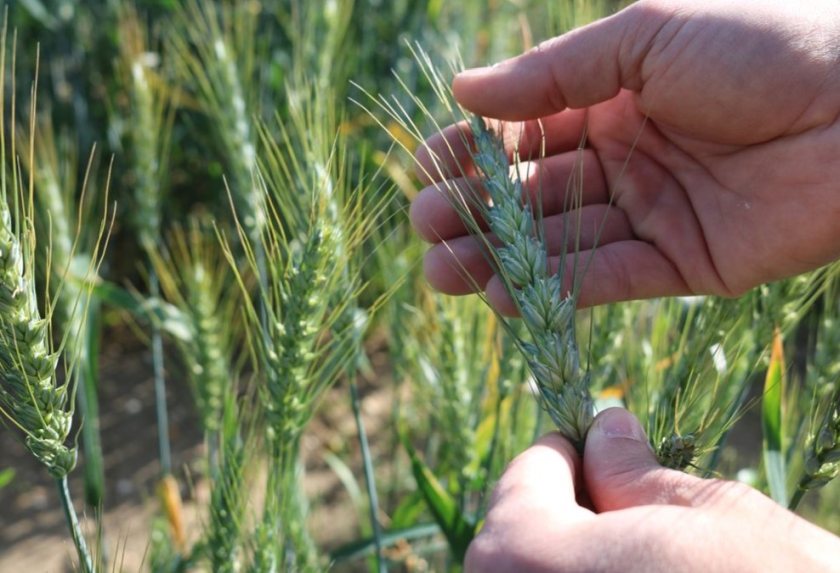
Scientists have been awarded over £2 million to trial a precision-bred wheat variety which they say could lead to the development of more sustainable farming.
The research will trial the production and processing of precision-bred crops to accelerate understanding of their value to sustainable food and farming in the UK.
The £2.2m funding from Defra has been awarded to the British On-Farm Innovation Network (BOFIN), for its three-year project called 'PROBITY'.
Precision-bred crops can be created through gene editing, which enables scientists to make changes to plant DNA, like those that occur naturally, but introduced in a precise and targeted manner.
Researchers say that gene editing speeds up the process of breeding more productive, nutritional and sustainable crop varieties.
There are three cereal varieties in the PROBITY project, with the first being a wheat with superior baking, toasting and processing properties.
The others include a barley making high lipid, high energy forage aimed at lowering livestock methane emissions, and a wheat with a bigger bolder grain size promising a step change in productivity.
Dr Stacia Stetkiewicz, from the University of Nottingham, which is part of BOFIN, will lead a team assessing the potential of precision-bred crops for UK farming.
She said the team would engage with the farming community to explore barriers to their adoption, as well as to pave the way for future innovation.
Dr Stetkiewicz said the industry was under pressure to increase the yield and nutritional density of crops while also responding to climate change.
"Innovative approaches such as precision breeding will be key to achieving this," she said.
Tom Allen-Stevens, Oxfordshire farmer and founder of BOFIN, added that this was an incredibly important project for farming and food production in this country.
He said: "We need to produce more, nutritious food with fewer resources and with less impact on the environment. Scientists have been developing new crop varieties that could help us rise to that challenge.
"This project will bring those varieties from the laboratory to farmers’ fields where we can fully assess their potential, explore barriers to their adoption and pave the way for future innovation."
The government recently announced new plans to further support precision breeding technology to allow gene edited crops to be grown in the UK.
